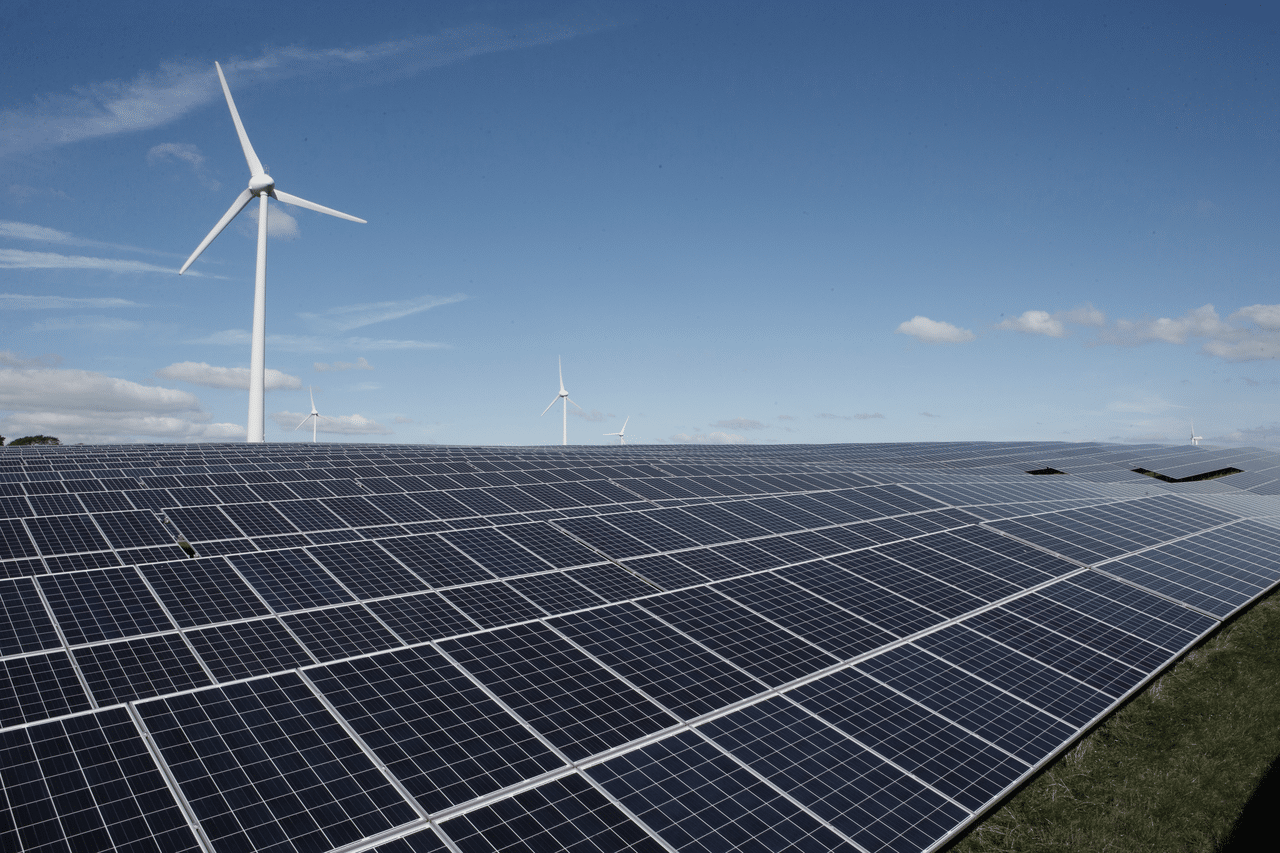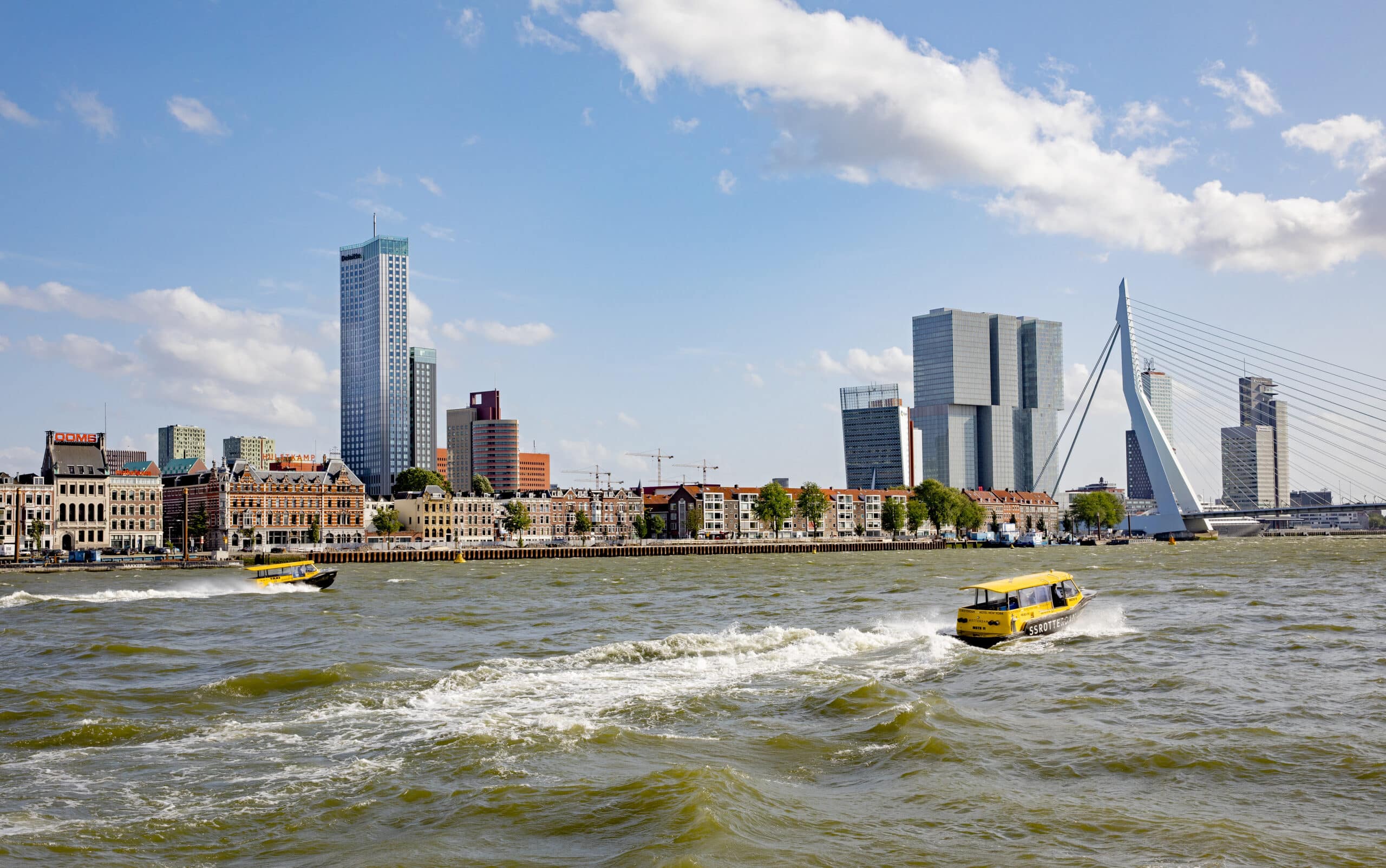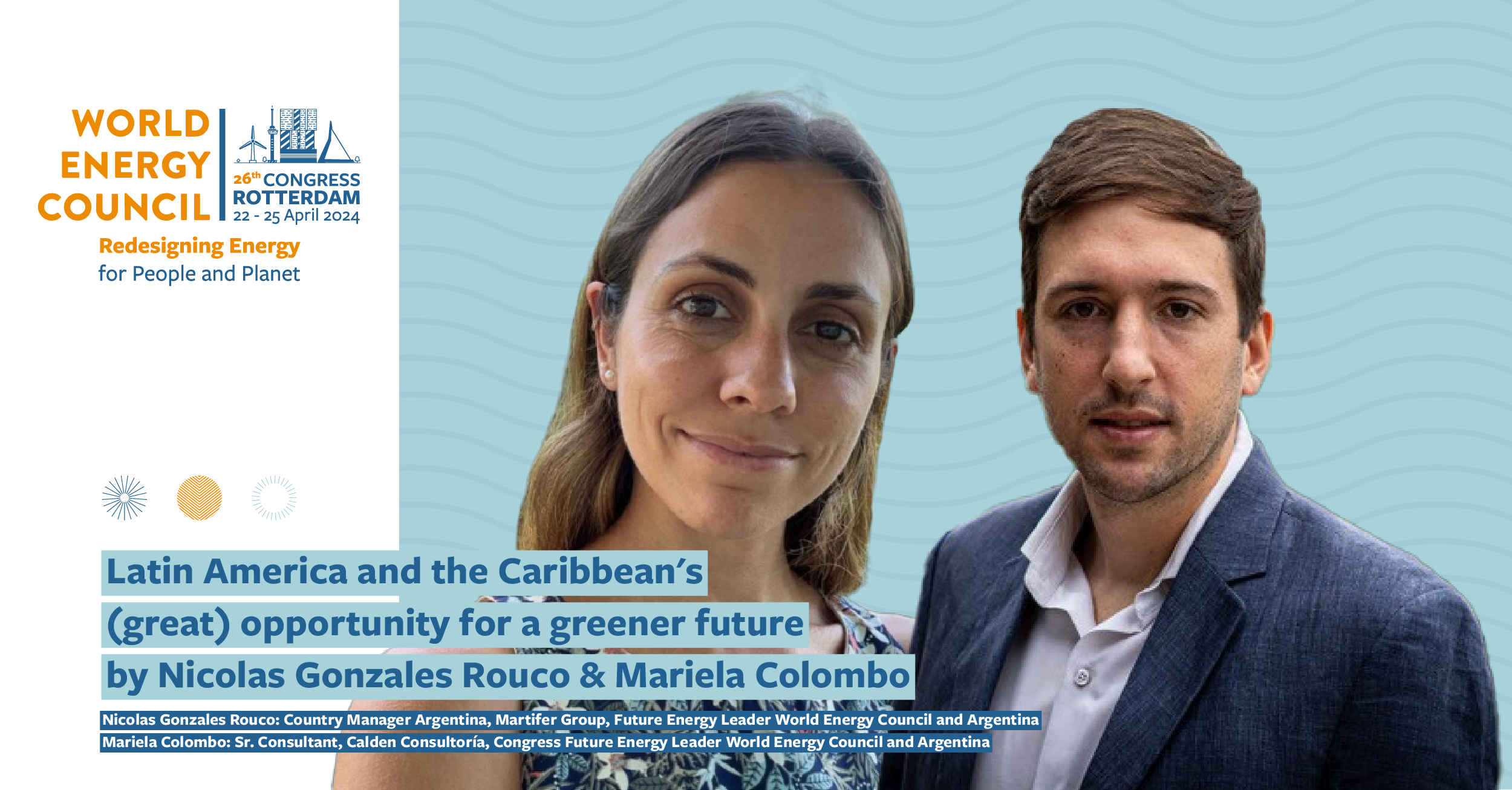From Code to Gigawatts: AI-Driven Leadership Impact on the Energy Transition
17.11.2023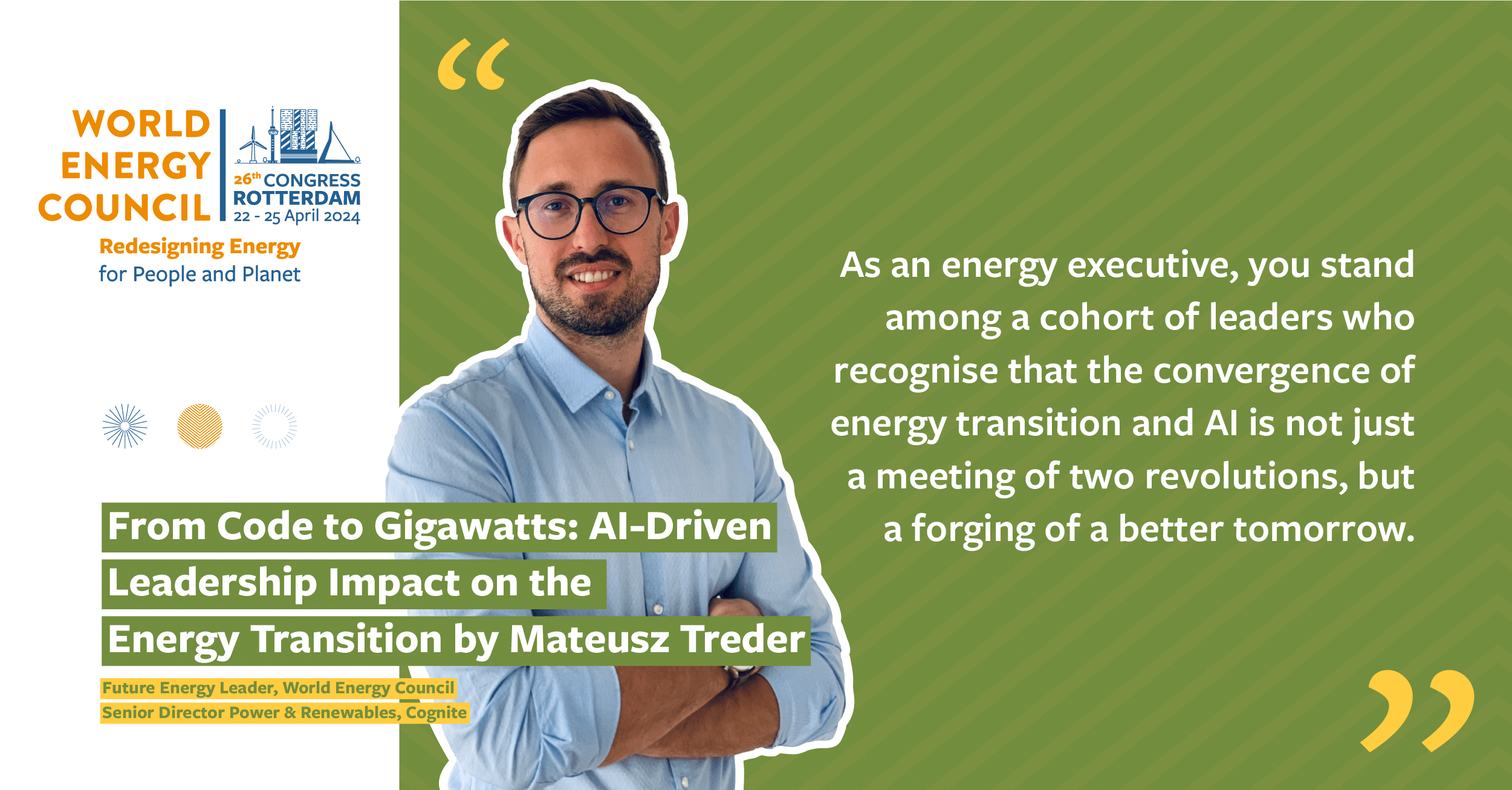
As energy leaders, we stand at the forefront of a pivotal era, where the transition to sustainable energy solutions is no longer a mere aspiration but an urgent necessity. At the same time, a powerful force is permeating our lives and driving monumental change: artificial intelligence (AI).
AI can play and in some cases already plays a crucial role in our industry by optimising energy generation, storage, and consumption. Machine learning algorithms can analyse vast amounts of data from renewable sources, weather patterns, and energy demand to optimise the operation of renewable energy plants and grid systems.
The convergence of AI, software, and the energy transition is driving a profound transformation in the way we generate, distribute, and consume energy. Visionary leadership coupled with technical acumen is fundamental to success in this evolving landscape.
You might be thinking “I’ve seen it already”. Big data and digital transformation dominated boardrooms throughout the 2010s. There was a wave of “Predictive Maintenance”, or “AI-based optimisation” Proofs of Concept that didn’t manage to scale and gain wide adoption in the energy sector.
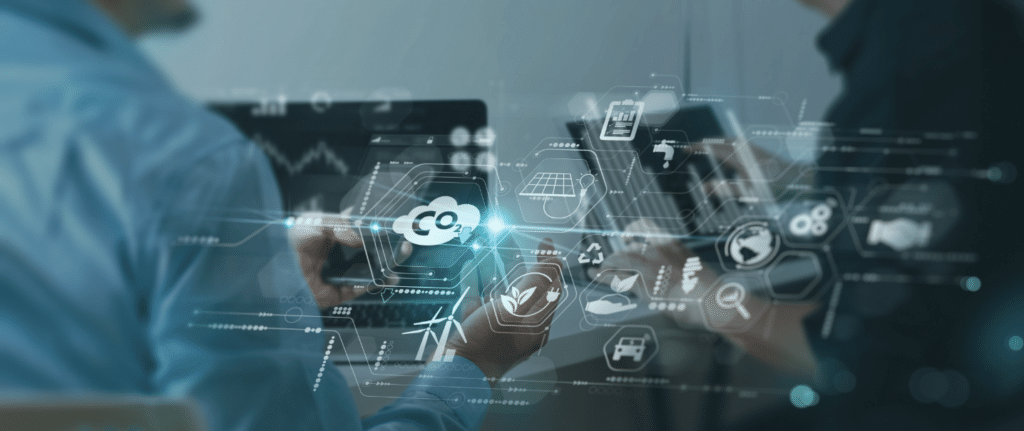
Leaders need to embrace the learnings from this period to properly steer their companies in the upcoming years. Reflecting on the past, here are my takeaways for energy leaders worldwide:
- There is no golder use case for AI and there won’t be. AI is more like the internet or iPhone. There will be so many use cases at the micro level (think of iPhone apps) and when they combine, we will see a big change.
- AI is not the tool for the energy transition. Wind turbines, solar PV panels, and batteries are. But AI is part of the toolbox. It can accelerate many workflows around NetZero.
- Don’t build an AI-first energy company. First define your business outcome (e.g. build renewable plants faster, optimise grid load) and then pick technology for it. Obviously, without a proper tech stack, you won’t be able to implement technology on a wider scale.
- There is no late-mover advantage. It may be cheaper but it is never a winning strategy. Your organisation’s learning curve only starts when you hit the ground running.
- While your energy mix largely depends on geography, capital, and access to technology, software is a universal language available to people across the globe. Anybody can build powerful AI solutions. The barrier to entry is low, yet, AI is a powerful magnet to attract talent, which is crucial to the long-term success of your company.
All in all, there is no one road to NetZero as well as AI-powered digital transformation. Companies take different paths, and none of them are easy. Once-separate trajectories of clean energy and advanced technology now intertwine, and it requires great leadership to succeed.
As an energy executive, you stand among a cohort of leaders who recognise that the convergence of energy transition and AI is not just a meeting of two revolutions, but a forging of a better tomorrow.
So, let’s join the 26th World Energy Congress on 22-25 April 2024 in Rotterdam to discuss how can we leverage AI and technology to succeed with our energy transition ambitions.
Mateusz Treder
Future Energy Leader, World Energy Council
Senior Director Power & Renewables, Cognite
